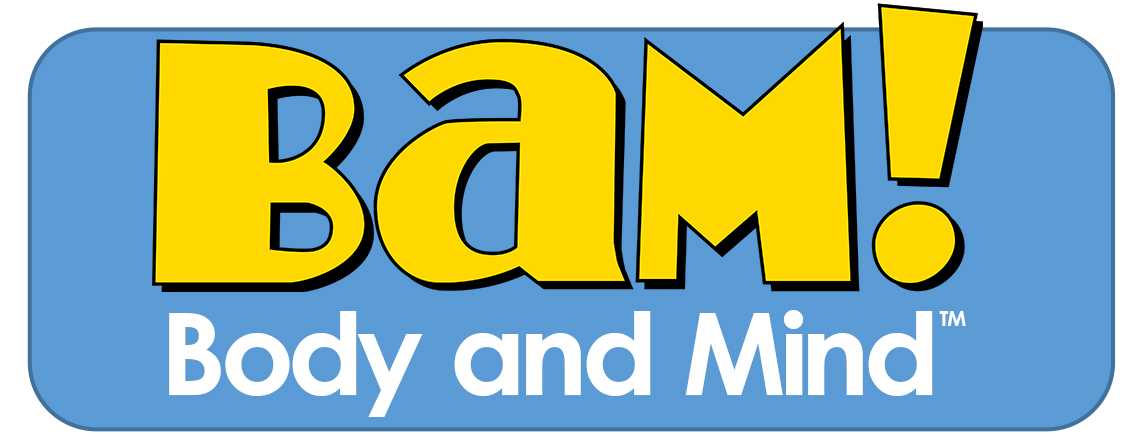Arkansas
State Bill to Reduce Childhood Obesity Intensifies Work in Schools to Improve Nutrition and Physical Activity
More than 125,000 students in Arkansas are benefiting from the specialized training for school personnel on nutrition, physical education, and physical activity.

In 2003, the Arkansas General Assembly passed Act 1220, House Bill 1583 [121 KB] to launch comprehensive efforts to curb childhood obesity, including school programs to help children reach and maintain a healthy weight. The bill provided funding for the state’s Department of Health to employ community health nursing specialists (CHNS) and community health promotion specialists (CHPS) to help school districts develop wellness policies and collect and report BMI on students. These leaders have also educated students and parents about the importance of physical activity, good nutrition, and healthier lifestyles.
IMPACT
CHNS and CHPS offer a variety of health trainings and resources for Arkansas schools and act as a liaison between school health staff, (school nurses, health teachers, coordinated school health leaders and others) with state level health and education stakeholders. CHNS design and provide school nurse trainings for new school nurses and updates on any changes for school nurses. CHNS are registered nurses. CHPS work with required school level wellness committees on policy development. CPHS are health educators, many with CHES certification.
Since 2006, CHNS and CHPS have worked in individual school districts, beginning with nine pilot schools, through the Coordinated School Health program. They provided annual training on CDC’s School Health Index, conducted workshops at state conferences, and have now expanded their reach across the state. CHNS and CHPS, who often have close ties to their communities, are leaders in upgrading local school health policies. Through CDC-funded school health initiatives, they are directing attention to the Whole School, Whole Community, Whole Child (WSCC) model. One provision of Act 1220 was the assessment of each student’s body mass index (BMI) for inclusion in a state database. With CDC funding for school health, CHPS and an Act 1220 Coordinator developed a BMI toolkit for school nurses to use in counseling students and parents about overweight and obesity.
In 2015–2016, 115 school district personnel representing 47 districts received professional development and training on the WSCC model as it relates to nutrition and physical education/physical activity. Those 47 districts have more than 125,000 students who are benefiting from specialized training. In addition, the past two years have seen an overhaul in the state’s school improvement reporting, which is now moving to a web-based tracking system. School health coordinators can review data and school improvement plans in cooperation with other groups, including the Arkansas Department of Education Child Nutrition Unit.
- Page last reviewed: June 22, 2017
- Page last updated: June 22, 2017
- Content source:



 ShareCompartir
ShareCompartir